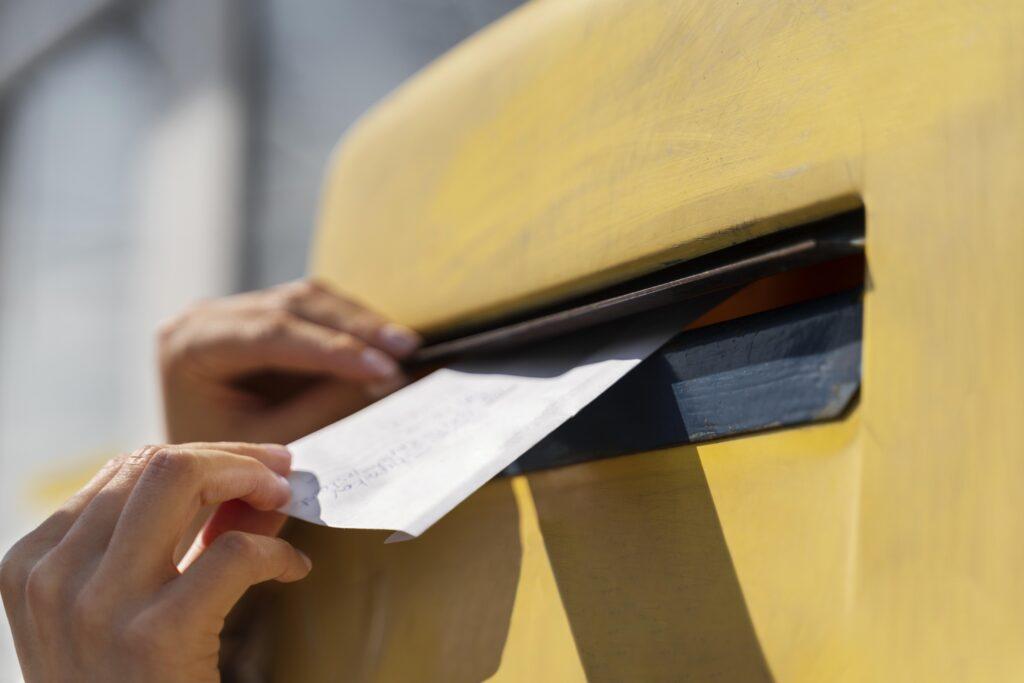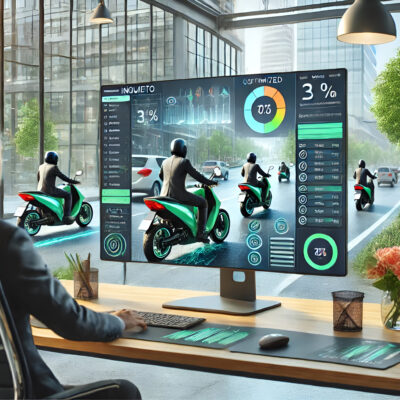Electric motorbikes are an innovative and versatile solution for a wide range of functions within the context of the public sector, ranging from postal services and maintenance tasks to event management and security work.
These electric-powered vehicles have gained prominence thanks to their ability to optimise essential operations and improve mobility in different scenarios. In addition, their efficient and environmentally friendly design makes them valuable tools to address contemporary challenges of sustainability and efficiency in the public sphere. The transition to electric-powered vehicles in public service not only represents a technological advancement, but it also reflects a commitment to reducing the environmental footprint.
Electric motorbikes excel in providing agility and efficiency in various tasks of the sector, but they also play an essential role in lowering operating costs. What’s more, they contribute significantly to the promotion of more environmentally friendly practices, positively impacting areas which are crucial to the functioning of our society.
Applications of electric motorbikes in the public sector
- Fast and sustainable postal services
In the postal sector, electric motorbikes offer an efficient and environmentally friendly alternative for postal delivery. Postal service companies are implementing these motorbikes to reduce their carbon footprint and improve delivery times. The combination of speed, agility and zero emissions makes them a strategic choice for postal service in urban areas.

- Transporting materials and logistics
Efficient tools for transporting materials in urban environments, electric motorbikes are increasingly being used in the public sector. Government organisations of all types are incorporating entire fleets of electric motorbikes into their garages to streamline the transportation of materials and meet ever-changing logistical demands. Their ability to navigate traffic improves distribution efficiency and helps optimise logistics operations.
- Emergency services and first aid
In emergency situations, every minute counts. Electric motorbikes are being integrated with first responders and first aid services, enabling immediate mobilisation in urban environments. Their agility and ability to reach critical locations quickly significantly improve response times in emergency medical or rescue situations.
- Surveillance and patrolling
In public safety, electric motorbikes are playing a prominent role in surveillance and patrolling. Their ability to manoeuvre in confined spaces and access hard-to-reach areas makes them ideal tools for improving security in urban areas.
- Infrastructure maintenance
In urban maintenance operations, such as repairing elements of public roads, electric motorbikes offer unparalleled mobility. Their ability to access hard-to-reach places and their agile movement make them ideal vehicles for urban maintenance teams that need to respond quickly to critical situations.
- Inspection and monitoring
From safety inspections to site monitoring or evaluations of compliance with regulations, electric motorbikes enable professionals to move around quickly, facilitating efficient problem identification and resolution. Their ability to navigate diverse terrain makes them crucial allies in ensuring integrity and compliance with regulations in a variety of inspection tasks within the public sector.
- Events
Electric motorbikes offer flexibility that is essential in event organisation. From planning to execution, these motorbikes offer agile mobility which facilitates the quick movement of organising personnel, delivery of supplies and an immediate response to any eventuality. In addition, their quiet nature and reduced environmental impact make them ideal choices for outdoor events, minimising noise disturbance and contributing to a more sustainable environment.
- Efficient passenger transport
Electric motorbikes are revolutionising the way in which we move in congested urban environments. Some municipalities are already implementing electric motorbike programmes for shared public use in the city, following the same formula as bikes and scooters. The ability to navigate traffic easily makes these motorbikes an attractive choice for citizens, offering an efficient and sustainable option for their daily commute. This initiative not only optimises urban mobility, but also promotes a more practical and ecological approach to transport in our cities.
In this way, electric motorbikes in public service not only stand out for their agility and efficiency, but also for their ability to address a wide range of applications, from material logistics to postal distribution. Their versatility and ability to adapt to diverse needs reinforce their central role in the urban landscape, transforming the way in which we tackle the dynamic demands of modern urban life.





